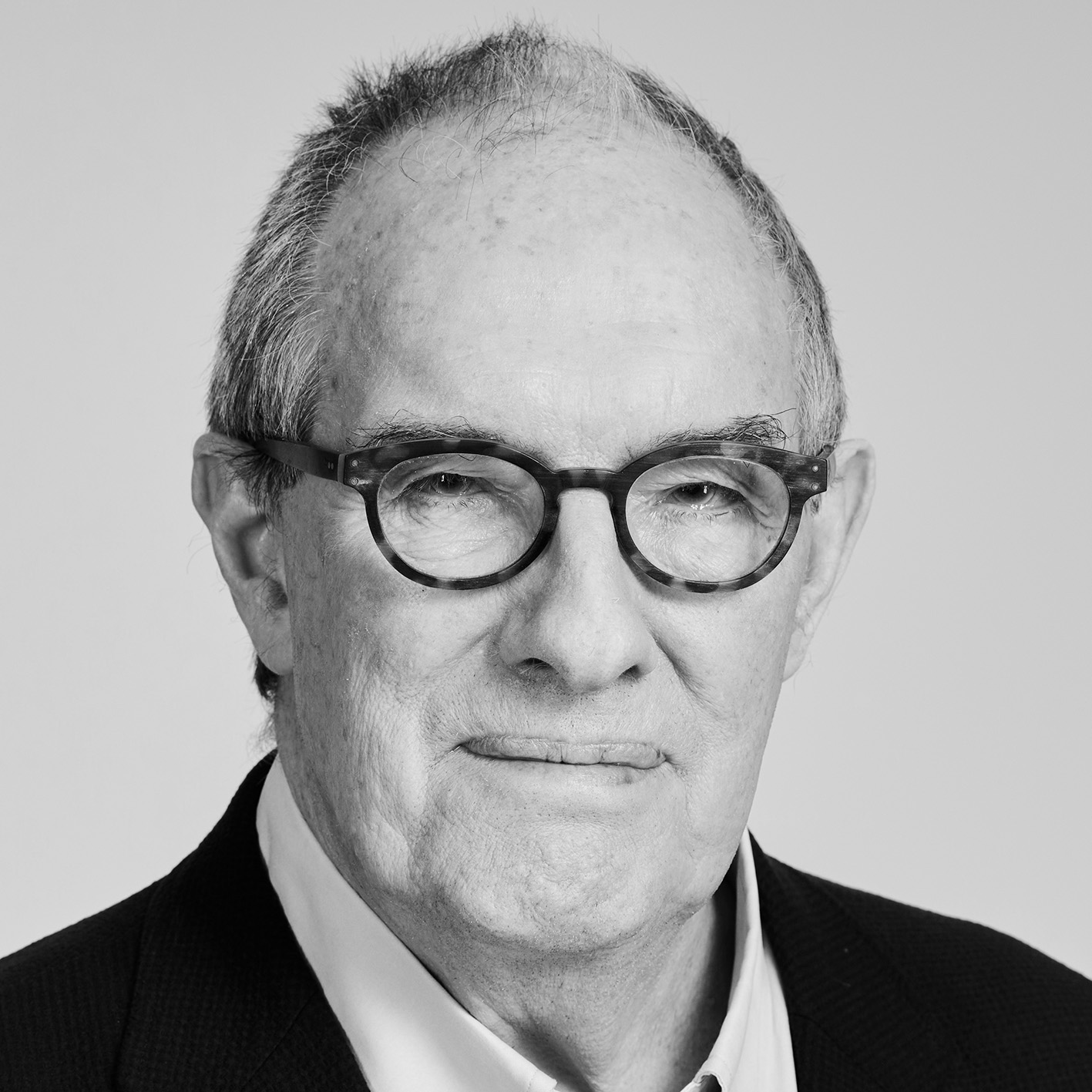So what is the Enlightenment, the great German philosopher Immanuel Kant was asked back in 1784 – as this transformative body of ideas and values swept across Europe. It is, he replied, to dare to know: to acquire and test knowledge and thus the truth of what you think you know. Challenge your ignorance and find a path to truths that correspond to reality.
The Enlightenment opened the door to modernity. The march of science, medicine and industry was unleashed. Longevity and living standards rose in tandem. There were parallel advances in checked and balanced democratic government and the associated freedoms to speak, to associate, to publish, to research, to buy and sell freely and to vote.
Tolerance, freedom and justice were and are supreme Enlightenment values, as is the insistence that loyalty to kith and kin extends to sustaining the public realm. Universal human rights are foundational. And thus, the vital primacy of impartial law to govern all of this. In Britain, ordinary men and women have been thankful beneficiaries of the results – whether the arrival of sanitation and the elimination of deadly disease or winning the right to vote.
The Enlightenment was a revolution of ideas and of practice. It could never have spread without a passion for trusted information, data and scientific evidence at its core. Debate and deliberation, central to daring to know, needed as a precondition a shared body of fact. Truths do exist. The BBC, for example, was established as a public body to use the new broadcast media to disseminate impartial information better to inform and educate British citizens.
Today, Enlightenment values across the west are under assault as never before. For rightwing populists, the new injunction is to dare to be ignorant and to insist that the best compass for action is to follow your prejudices uninhibitedly – however rank. Whatever the evidence, climate change is a hoax, prison only works if punitive, universities are havens for the woke, the mainstream media lies and immigrants are all a threat to women and girls. Autocracy is more effective than democracy. In international affairs, might is right. My freedom of speech is to spread these attitudes as facts without constraint.
For rightwing populists, the new injunction is to dare to be ignorant
For rightwing populists, the new injunction is to dare to be ignorant
The Overton window of what is acceptable has been moved so far to the right by the populist upsurge that this body of ideas is now represented as the “common sense” of ordinary people. Only populists are brave enough to express them. Doubt all this and you are a member of an out-of-touch liberal elite – even part of a Brahmin class – who are the new civilisational enemy. Whatever gains liberalism can reasonably claim – prosperity, trade, peace, justice, accountability, social fairness, scientific progress, international order – are trumped by the need for vengeance on the standard-bearers of Enlightenment values.
Nigel Farage’s Reform speaks unashamedly to this agenda, as do fellow western populists, notably Donald Trump – but also France’s Marine Le Pen and Hungary’s Viktor Orbán. But just as the Enlightenment was propelled by a quest for truth and fact, today’s anti-Enlightenment populists are fuelled by social media and disinformation. Your daring is not to know, but rather to post the most inflammatory statement you can on social media, relying on an army of anonymous bots to magnify its impact. Farage is a talented communicator. But Reform could never have climbed so high, so fast, without a credulous public deluded into thinking social media carries truths that mainstream politicians and media conspire to disguise.
It is a world of dark hype, of which Trump is the master. His anti-Enlightenment crusade now climbs to new extremes. He inflames the basest of instincts to justify the dismantling of the greatest Enlightenment republic the world has seen – the old USA. Senior p ublic officials are sacked for no reason other than they have adhered to former Enlightenment values – the inviolability of fact whether in public health, monetary policy or labour market statistics. A liberal Enlightenment order at home and abroad? Forget it.
Have liberals made mistakes? Undoubtedly. Tolerance has mutated into advocacy of minority rights so fierce that the majority feel actively menaced. The charge of being “woke” has some legitimacy. Liberals have failed to recognise the understandable reaction from lightning-fast economic and social change, and to counter it either culturally or economically. They have been floored by social media disinformation. Arguments for, say, vaccination, acting on the climate crisis, even for basic tolerance have become impossible, dismissed as mouthpieces from liberal conspirators against the new so-called common sense.
A turnaround is possible. Immigration above any other issue fuels populism. Part of the fightback is to douse these flames – say, by introducing universal ID cards so we know who is here, building special purpose centres to house illegal migrants, and processing claims and necessary deportations fast and visibly. This should never be presented as a concession to implicit racism. Rather, it is to keep rules and be fair.
Simultaneously, go on the front foot to argue for Enlightenment principles, from vaccination to the environment. The entire anti-Enlightenment, anti-truth, disinformation biases of social media must be contested. The success of the Online Safety Act in dramatically lowering harmful content should be built on. Take on the tech giants. Insist information on their platforms is mediated, that anonymity is impossible and that standards of fact in the analogue world are reproduced in the digital world. Even consider launching public social media platforms, reproducing the same thinking 100 years later that justified the BBC.
Above all, be confident. Liberals are not a Brahmin class. Instead, they try to live the values of the British at their best: seeking the common good, being sympathetic to those fleeing death – even queuing. We try to dare to know. They were great principles back in 1784. They remain great in 2025.
Photograph by Gary Calton/The Observer
Newsletters
Choose the newsletters you want to receive
View more
For information about how The Observer protects your data, read our Privacy Policy



